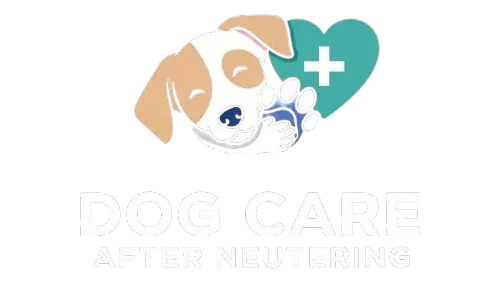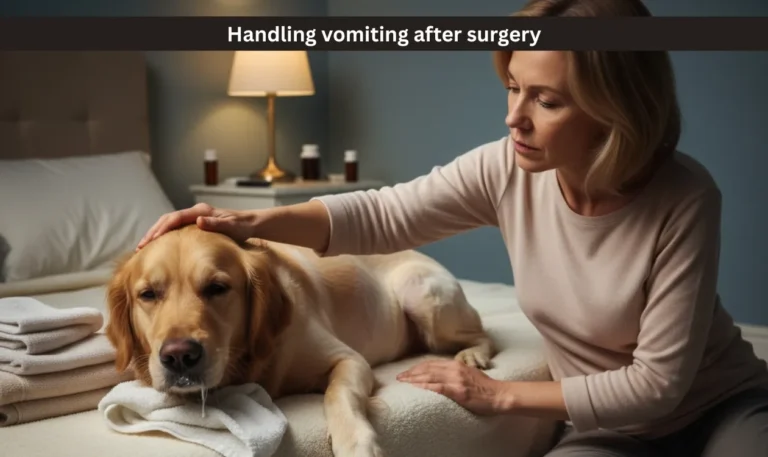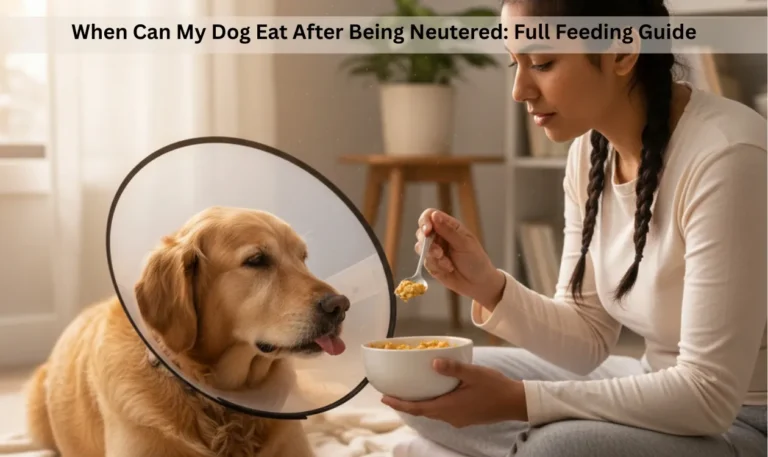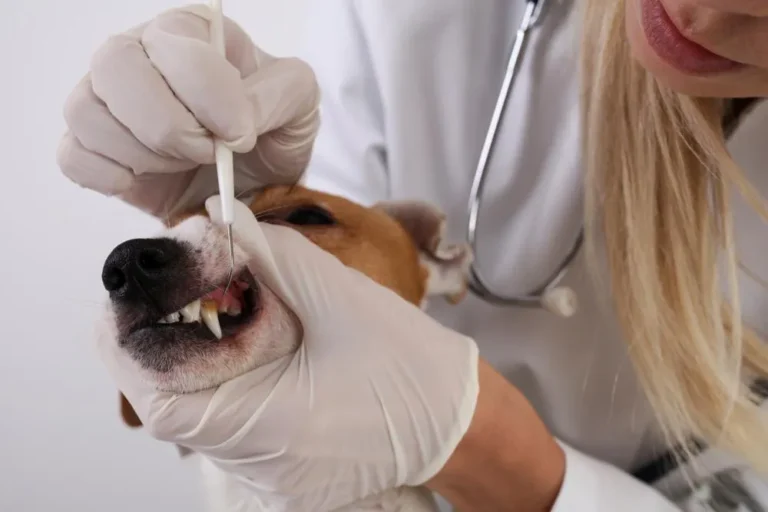How To Avoid Obesity After Neutering : A Healthy Dog Guide
Discover how to avoid obesity after neutering with the right diet, exercise, and nutrition tips to keep your pet fit, healthy, and active.
Neutering is also one of the most useful and popular operations that are performed on the dogs to enhance their health and temperament. Nevertheless, some undesired weight gain may be experienced when the right diet and physical exercise are not followed. When neutered, a dog has a reduced metabolism i.e. it has lower energy consumption as compared to when it was not neutered.
Portion control, foods rich in nutrients, and daily exercise should all be part of efforts to avoid obesity among the owners. The first step towards having a long healthy and energetic life for your dog is understanding the changes that occur in the body of your dog after the surgery.
Why Dogs Gain Weight After Neutering
It is known that neutering influences hormone levels, especially testosterone and estrogen, which regulate metabolism. When these hormones decline, your dog requires less energy, and appetite often increases. This imbalance may quickly lead to excess weight. Such changes are linked to hypometabolism a reduced metabolic rate that makes weight gain easier.
Neutered dogs will gain weight without food and exercise modifications. This can be avoided by appreciating this early in life and altering their diet soon after the operation and it will help them avoid health issues such as diabetes and joint aches in the future.
Balanced Nutrition for Neutered Dogs
The most important technique of preventing obesity in the post-neutered period is to feed in a balanced manner. Lean proteins such as chicken or fish are ideal in maintaining muscle strength and ensuring that the fat levels do not increase. Add in slow carbs such as brown rice or oats.
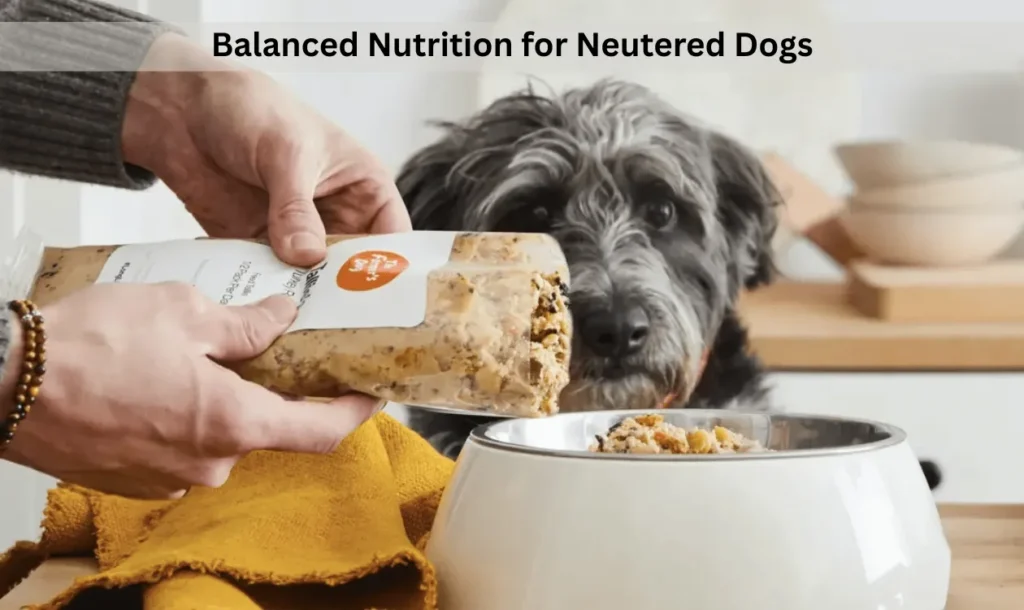
The fruits and vegetables that provide fiber, vitamins and antioxidants include carrots, peas and spinach. Do not eat high-calorie and fatty foods or snacks. It is useful to feed the appropriate ratios to ensure that your dog does not get overweight.
Portion Control and Meal Frequency
Calorie consumption must be cut down by approximately 20-25 percent after neutering. Additionally, it should be served in smaller portions twice or thrice a day instead of huge portions. This assists in stabilizing the metabolism and avoiding surplus food intake.
Accurate portions are ensured by using a measuring cup. Free-feeding where food is available all day should be avoided, as it often leads to mindless eating. Following a regular routine helps maintain discipline for both the pet and the owner. Controlled feeding also supports satiety, the feeling of fullness that prevents overeating.
Low-Fat and High-Fiber Food Options
Diets with low fat have been proved to be the best when it comes to keeping the weight. Select dog food with the label of light, weight control or reduced fat. Foods with a high level of fiber will fill your dog and maintain healthy digestion.
Homemade food with boiled chicken, pumpkin, and green beans can be a wonderful low-calorie option. It is also important to include healthy sources of fats such as fish oil or flaxseed, which help keep joints and skin healthy. These balanced meals play an essential role in proper dog care during recovery and long-term wellness.
Exercise Tips for Weight Control
Exercise is significant in weight management. Regular walks, play sessions, and light agility activities help burn calories and keep muscles strong. Begin with gentle exercise during the healing period and increase intensity as your dog recovers. Physical activity also improves cardiorespiratory health supporting stamina and overall fitness.
Rotate the activities every now and then in exercise, use items like fetch, swimming or puzzle toys. Entertaining your dog will help avoid boredom and emotional eating as well as cementing the bond between the two of you.
Understanding Metabolism Changes After Surgery
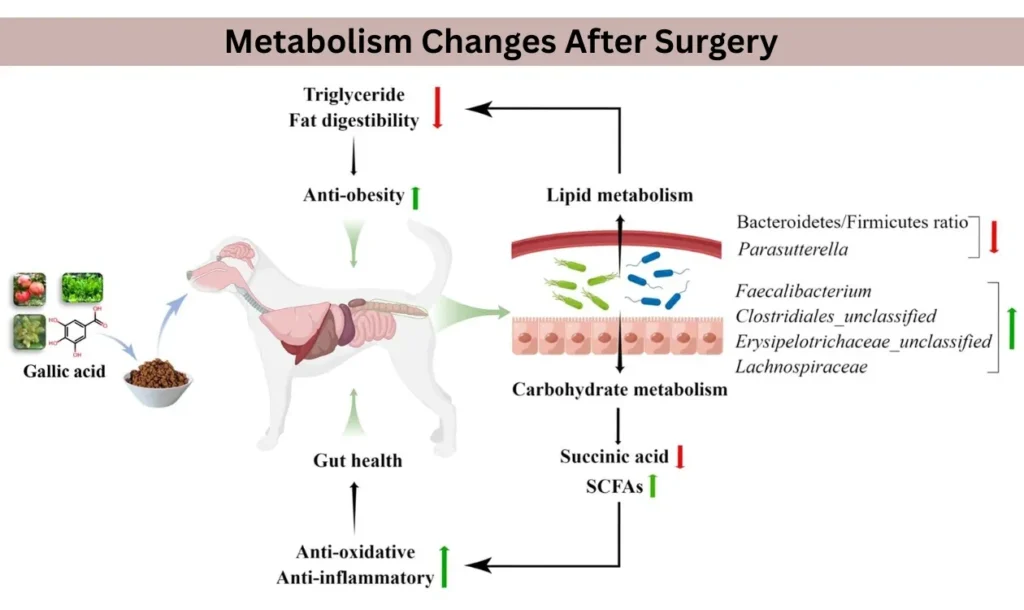
Dogs that are neutered have a low metabolism rate because they are low in hormones. This implies that their bodies are not as good at burning energy as they used to be. To offset this, you will have to lower the amount of calories and raise the amount of physical stimulation.
Replacing your current food with one that contains nutrients and has fewer calories will make sure that your dog obtains adequate nutrition without the number of calories. Frequent veterinary check over can be used to keep track of metabolic wellbeing and make initial changes in case of weight gain.
Healthy Treat Alternatives
Most of them are very generous with treats and this mindset leads to obesity. Exchange snacks with high calorie foods with healthier options such as apple slices, baby carrots or air popcorn (unsalted).
No more than 10% of total calories should come from treats. Offering playtime or affection instead of food is an effective way to reduce calorie intake while still keeping your dog happy. Limiting treats helps maintain proper thermogenesis the body’s process of burning calories for energy.
Monitoring Weight and Body Condition
Have your dog weighed after every few weeks. The slight increase might appear to be harmless but can be easily accumulated. You can touch on the ribs of your dog without touching them too hard, this indicates that the body is in good condition.
When your dog begins to gain weight, you need to cut some of the portions a bit smaller and increase the activity. By adhering to diet and exercises, there will be no development of health problems that happen as a result of obesity.
Long-Term Health Benefits of Weight Control
A healthy weight after neutering can prevent such severe illnesses as arthritis, heart disease, and diabetes. An exercise dog has superior movement, vitality, and longevity.
Healthy weight is also helpful in maintaining the normal temper and causing less stress to the internal organs. By feeding, exercising, and watching your dog closely, you will be able to make your dog live a long, happy, and active life after neutering.
How to Choose the Right Dog Food Brand
When purchasing commercial dog food, seek the label that states that it is suitable for neutered dogs or weight reduction. These are formulae with balanced nutrients formulated to have low metabolism. Avoid food that contains filler such as corn, soy or artificial preservatives.
Ask your vet to decide the best option with regards to the breed, age and level of activity of your dog. Ordering homemade food and combining it with high quality commercial food makes a difference as both are balanced in taste and nutrition.
FAQs: How To Avoid Obesity After Neutering
Conclusion
It takes determination, education and discipline to avoid obesity following neutering. Change the sizes of food portions of your dog, choose low-fat foods and exercise with him every day. Weight gain can be avoided by taking a proactive approach to ensure that your dog is fit even in the coming years.
It is worth remembering that neutering does not affect personality, but only metabolism, whereby your dog will still remain your beloved friend. Through conscious eating and hygiene, you will be able to live together healthy, active and happy.
